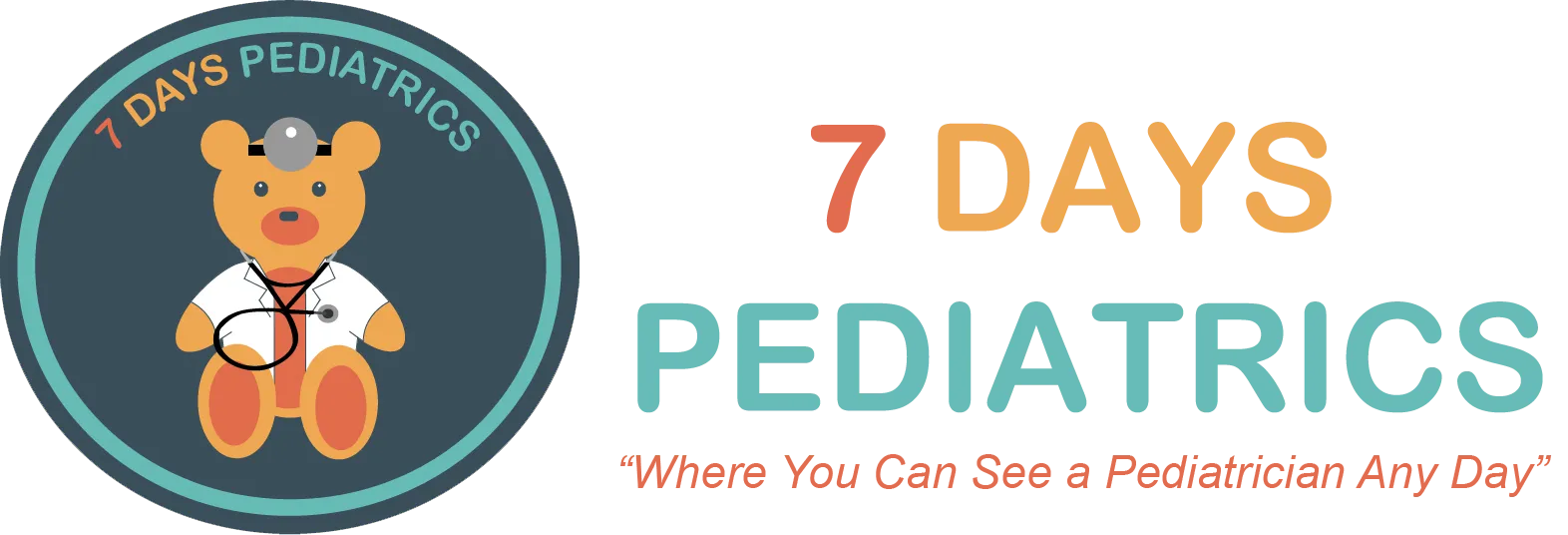- posted: Sep. 13, 2017
Chances are you've heard of the gluten-free diet, seen products at the grocery store with "gluten free" labels or gone to a restaurant where some dishes have a little "GF" printed next to them. The practice of eating foods without this protein has grown in popularity in the last several years, even among people who are not allergic to it.
dishes have a little "GF" printed next to them. The practice of eating foods without this protein has grown in popularity in the last several years, even among people who are not allergic to it.
Celiac disease is the biggest reason you might go gluten-free. It is an autoimmune and digestive disorder that causes someone's small intestine to suffer damage as a result of ingesting gluten. About 1% of the population has celiac disease, and if you're concerned you or your child has the disease, you should visit a gastroenterologist for diagnosis. Only 1% of people have celiac disease, but 11% of U.S. households follow gluten-free diets,according to an annual survey on the topic from NPD Group. On top of that 25% of those surveyed said they believe gluten-free diets are healthy for everyone. As families across the country work to improve their health and the health of those in their family, more people are trying to go gluten-free, but simply stopping your gluten isn't necessarily a sure move toward better health.
How Can I Make Overall Improvements To My Child’s Diet?
You have to consider your diet as a whole, not just the parts that may contain gluten, if you're serious about changing the food you consume. If not done properly, eliminating gluten may mean you may not be getting all the nutrients you need. This is especially important to focus on when changing a child's diet, as he or she needs to fuel a growing, developing body.
If you've ever looked into buying gluten-free food, you know the protein is in a lot of things. By the nature of its prevalence, gluten is in a lot of unhealthy food, so you're likely narrowing your pool of potential meals to those you shouldn't have a lot of, anyway. Cakes and cookies, for instance, tend to have gluten. On the flip side, you're eliminating healthy whole grains that contain necessary nutrients. As such, avoiding gluten can be detrimental to your health, if you're not making the effort to consume the fiber, vitamins and minerals found in glutenous whole grains.
Whether or not a gluten free diet will help improve your health depends on a few things. First, you should visit your doctor so you can have a professional evaluate you for celiac disease, gluten sensitivity or a wheat allergy (they're all different issues that may be resolved with a gluten-free diet). Beyond that, it's crucial you know what to eat so you can maintain a balanced diet. If you're smart about it and educate your family on healthful eating, going gluten-free can be a great way to improve your child's health.





